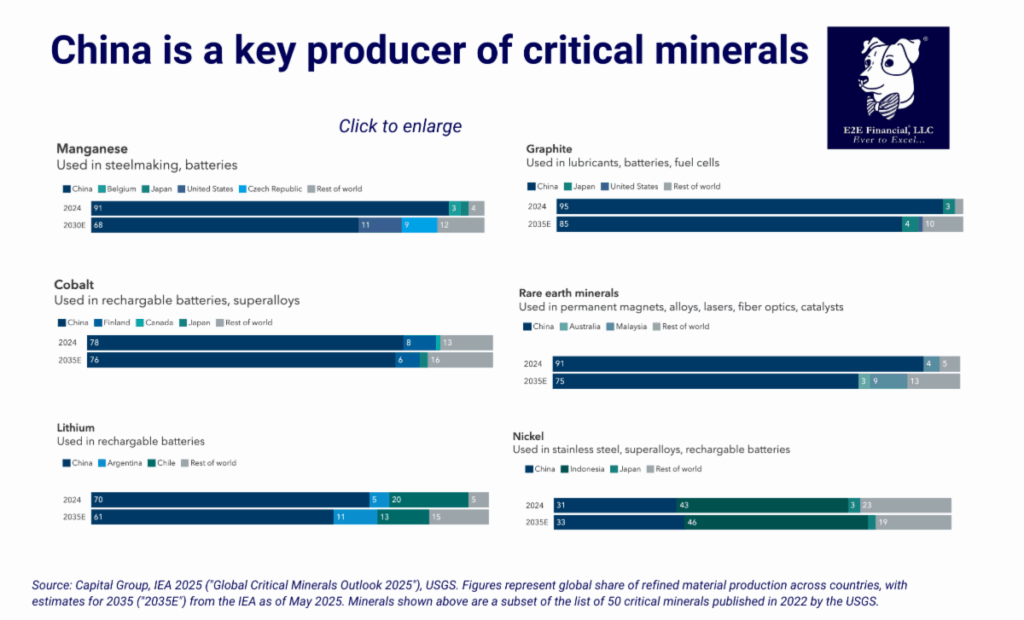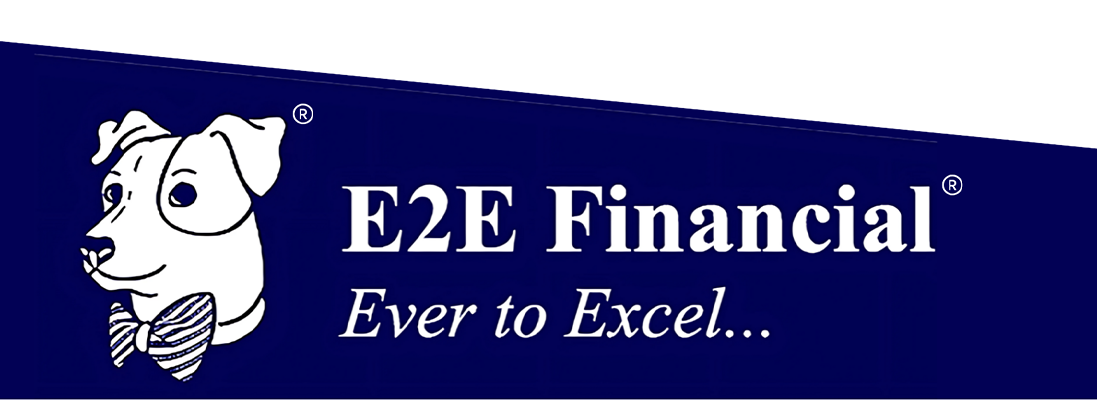
Against a backdrop of war in Ukraine and the Middle East, as well as a global trade war, nations are redefining their relationships with allies, rivals and trading partners to bolster their national security.
Companies that can innovate and meet rapidly evolving security needs will likely benefit the most. We are taking advantage of our global research footprint to anticipate where these forces will lead and what companies stand to gain.
Here are three ways we believe a global focus on security will boost growth for well-positioned companies and drive investment opportunities in the coming years:
1. National security: A wave of defense spending
NATO allies pledged in June to ramp up their defense spending from a targeted 2% of gross domestic product (GDP) to 5% by 2035.
2. Energy security: The lifeblood of any economy
The U.S. transitioned from a net importer to a net exporter of energy in October 2019. Today it ranks as the world’s largest crude oil producer at 12 million barrels of oil per day.
3. Supply chain security: Sourcing closer to home
The One Big Beautiful Bill Act provides incentives for companies bringing manufacturing to the U.S. Potential beneficiaries include builders of industrial machinery, heating and ventilation system providers, drugmakers, semiconductor companies and technology firms.
Government spending commitments and other tailwinds are combining to generate a second wave of growth potential for well-positioned industrials and defense firms. We believe this is a durable theme that should spur corporate spending and perhaps lead to a broadening in the stock market, which has been dominated by mega-cap tech stocks.
Click here to read more from the Capital Group.
Interested in learning how this may affect your portfolio? Schedule your FREE consultation.
Plus, your weekly market update is here.




